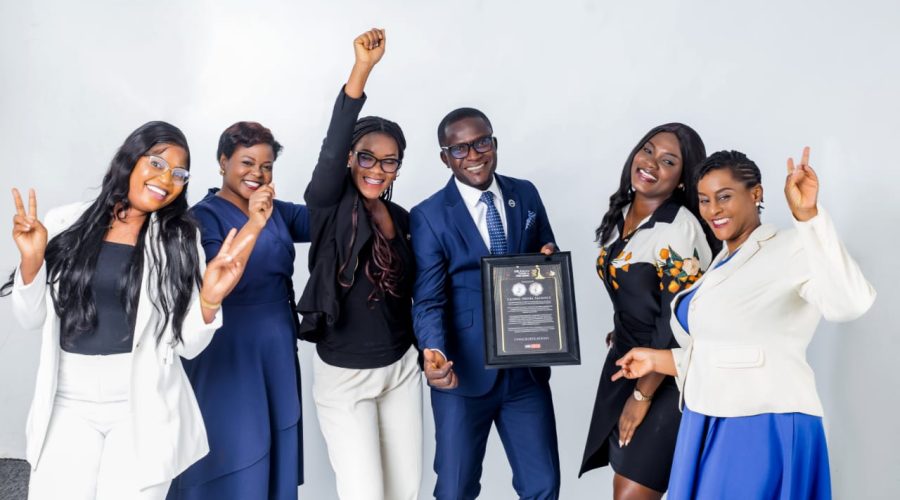Public Relations is all about the way organisations communicate with the public, promote themselves and build a positive reputation and public image. The way an organisation appears in the media has huge impact on how people see it. PR tries to influence the media to represent their organisation positively and deliver important messages. Political PR is a process of sharing information among party members and the general public through different mediums. It can also be defined as an organized process used as a tool to enhance the survival and growth of an organization in a political environment.
Today all political organisations need to connect with their target public. They used to communicate in the old as well as new ways using political PR to influence the general public. Political PR includes the planning and execution of strategies for both internal and external publics to achieve desired goals.
Over the years, PR has aided political candidates, campaigns, parties, governmental organizations, and judicial bodies in leveraging image maintenance and relationship management tactics to achieve strategic political goals, such as elections or support for policy initiatives.
While the application of PR tactics to politics is far from new, in Ghana, people like former President John Agyekum Kufuor, former President, The Late Prof. John Evans Atta-Mills, former President John Dramani Mahama and President Nana Akufo-Addo have all been credited as beneficiaries of Public Relations which helped them to achieve their political goals.
More often than not, political candidates support advertisements that push the envelope and attempt to smear opposing candidates’ campaigns. When these adverts are aired, many of us cringe, as it feels a lot like an underhanded pool. Many believe that this practice is part of public relations – which is certainly not. Public relations as a practice is guided by a stringent code of ethics and is geared toward communicating facts that allow for “informed decision making in a democratic society.”
It’s true that public relations professionals have been branded “spin doctors” and “flacks,” thanks to the careless decisions of a few misguided souls and poor practitioners. The PR intent is not to mislead or misrepresent but to lead by example, working with diverse publics (media, consumers, businesses, etc.) to educate them about various companies, products, brands, individuals, concepts, experiments, laws, legislations and more. In politics, the PR role is even more relevant, as voters are more than just consumers; they are, in essence, stakeholders. Their opinions and decisions can help shape the enactment of law and operations of our government, resulting in an even heavier responsibility on PR professionals.
The concept and implication of public relations are always in contrast with other departments such as marketing, management and journalism. In the case of political PR, the focus is on political bodies, government and political actors. Political PR is interconnected with political communication, political marketing and political relations. Political PR is a tool for the development of communication for both internal and external public.
Models of Political Public Relations include:
- The Publicity Model
- The Public Information Model
- The 2 Way Symmetrical Model
Political PR has much in common with the theory of PR. The key thing which distinguishes Political PR from various organisations’ PR persons is that their activities are politically focused. Public Relations in modern political parties and government are a mixture of marketing and propaganda. This view of PR activities means that political actors often want to persuade people in the sense of political ideas and contents by using a one-way, manipulative communication process.
There are 4 types of activities of political public relations
- Media Management
- Information Management
- Image Management
- Internal Communication of the organisation
Tools of Political Public Relations
Public Relations is an important aspect in politics. It’s a tool that is used in gaining publicity through mass media, events and direct communication. The important tools include:
- Websites- Every political organisation needs a website which consists database and information for the general public. Content plays an important role in increasing traffic on website to outreach maximum people.
- Social Media – Facebook, Twitter, Instagram and other platforms are equally efficient tools to drive traffic among voters and used to create a buzz in the general public for candidates. Social Media helps in direct communication which includes replying to comments, live videos and instant reply to queries.
- Brochures and Print Ads- In the world of modernisation, the internet has taken over traditional media but now also a percentage of public and voters are still influenced by the print publicity by candidates.
- Events- Events provide politicians to gain exposure and promote themselves and their organisations. From a candidate or political organisation point of view, events like rally helps them to communicate with the public and earn the trust of voters.
Regardless of any industry, public relations professionals are frequently called upon to help individuals, businesses and industries to communicate information efficiently and effectively. The political arena, above many others, requires even greater precision because when public relations is done well, the foundational beauty of it is that, one earns the trust of voters.



